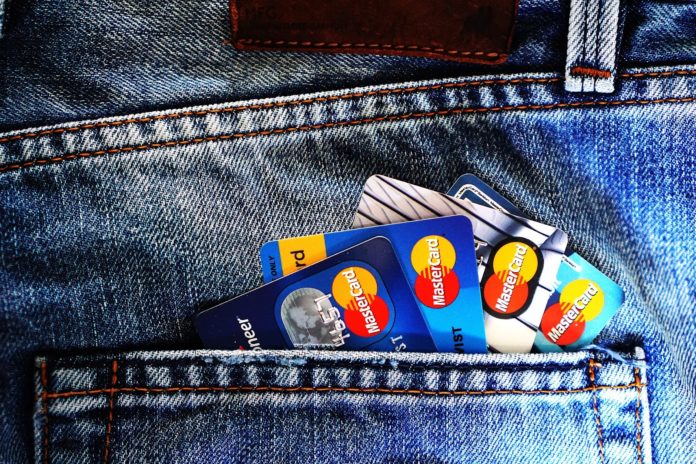The saying that credit makes the world goes round has some weight to it. This is because credit helps lubricate the world’s economy, without which the world’s gross domestic product (GDP) would be significantly lower than what it is today.
Too much credit, just like too much of nearly anything, though can be detrimental to any individual and even businesses. A somewhat recent example of this is the 2008 housing bubble, where too many people used their home’s equity to buy more properties that ultimately snowballed into something unsustainable.
Living without dreading whether you can afford to pay the bills when they come due is on the top of nearly everybody’s list. This journey will, however, not be an easy one since it requires discipline in following through with your plans. We promise, however, that the rewards will be worth the effort.
Here are eight strategies you can use to get out of the debt trap.
1. Spend Less
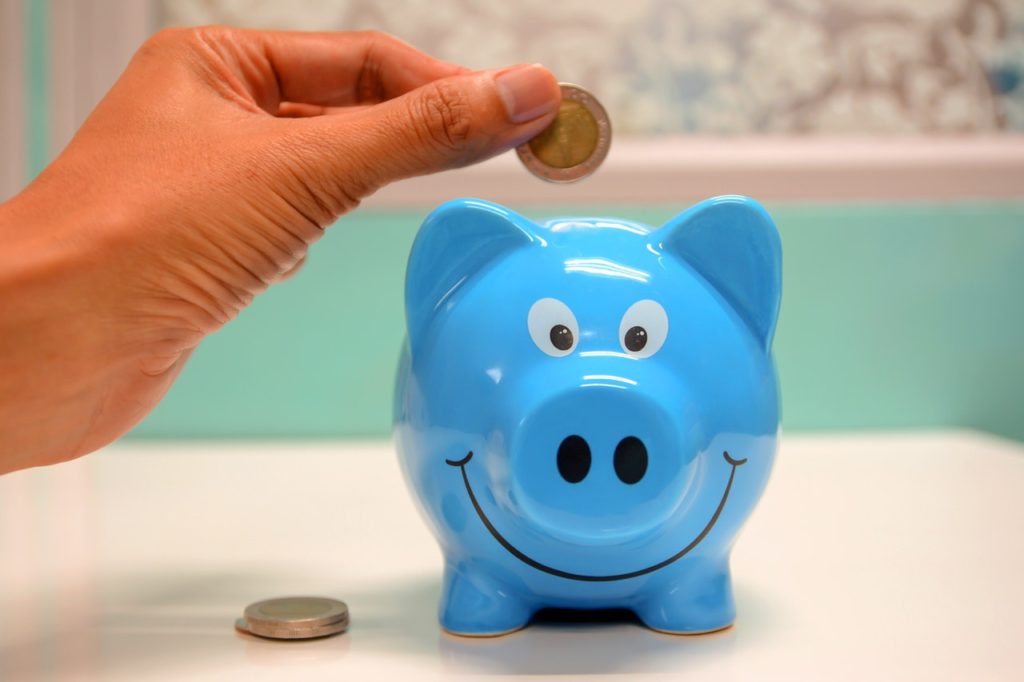
One important step to living debt-free is to spend less than what you earn. Prepare a budget and make it a habit to track your daily spending. This way, you will know if you have spent your money wisely or otherwise.
You can reduce your spending by making small changes such as:
- Packing your own lunch;
- Utilizing public transport instead of taking a cab; and
- Buying your daily use items in bulk at a discount.
2. Have a Plan
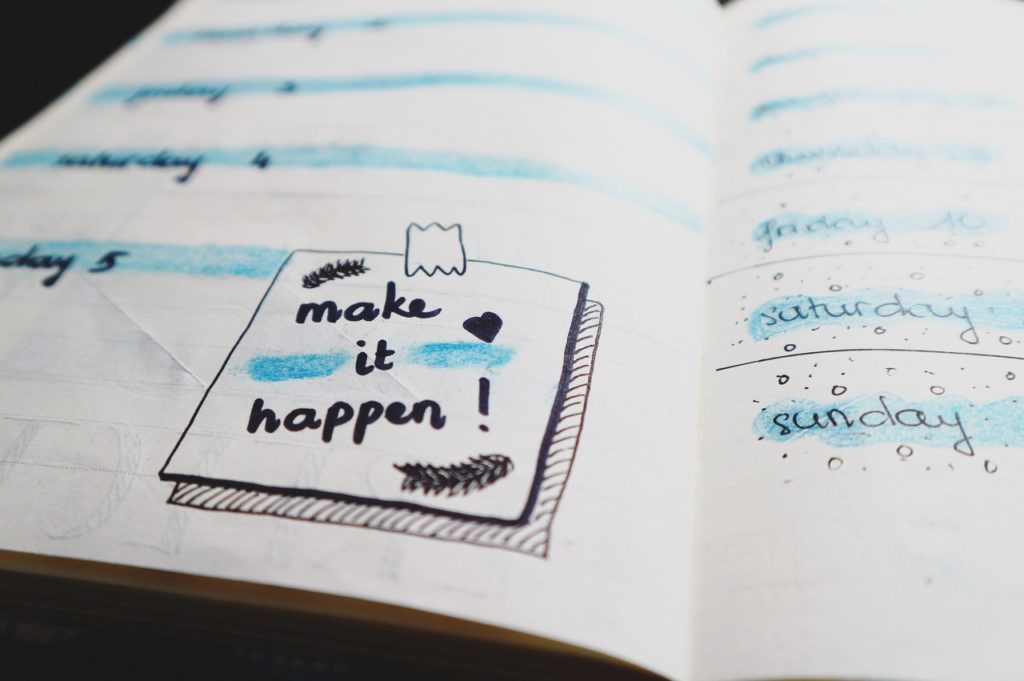
Having a financial plan will help you have a better understanding of where you stand financially. You will need to:
1) Work out your total monthly earnings, including benefits and other income sources.
2) Figure out the entirety of your outflows e.g. your home loan, food, and fuel expenses.
3) Go through each item and see which items you can comfortably scale back on.
3. Pay Your Bills on Time
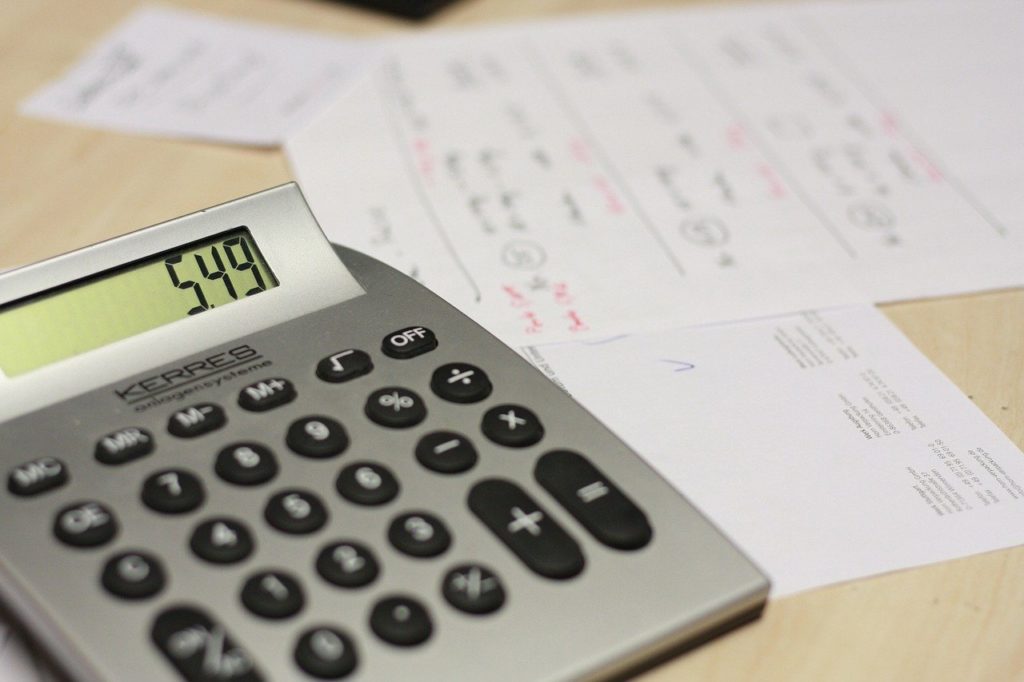
Do you know that your financial institution will charge a fee every time your credit card’s balance is brought forward to a new month? These seemingly minor fees of a few percentages add up over time, resulting in you paying more than you thought.
Many businesses use these tactics to sell their products, and while it’s not illegal, being financially savvy before making a credit purchase can save you money that can be used to pay your debts instead.
Tip: In the event that you are unable to make a payment, it is advisable to contact your loan specialist and explain your circumstance.
4. Avoid Borrowing Money
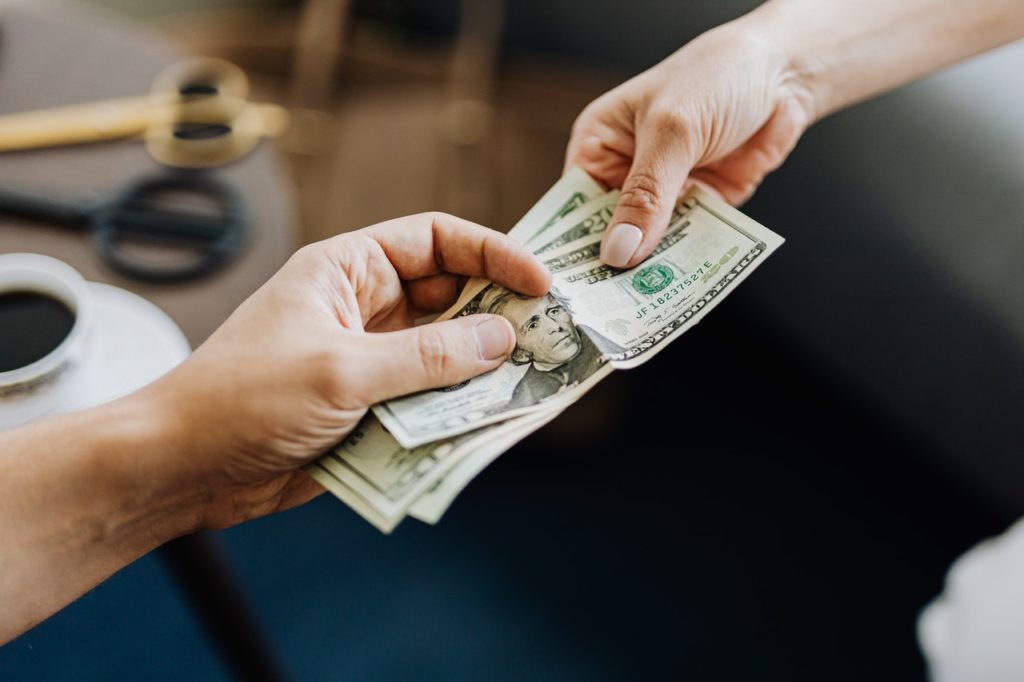
We get it. Times are tough for a lot of people with many economies barely growing. It is not uncommon to see news reports saying that the rich are getting richer while the middle class is stuck and the poor are barely making ends meets.
This is still no excuse for you to borrow unnecessarily for the sole purpose of buying that extra fancy watch or handbag. We highly advise that you abstain from borrowing whenever possible, using it only as a last resort.
This includes borrowing from your families and friends who are unlikely to charge you any interest for the sum borrowed. The reason is that many people are unable to pay back the loan, which can result in relationship strains.
5. Reduce Cost of Non-Essentials

Spending on household essentials should always come first, whereas non-essentials should only be considered when you have sufficient disposable income.
That said, you may want to reevaluate how much you are currently paying for your household essentials. These can include changing your energy provider, downsizing your television, reviewing your mobile plan, and others.
6. Prioritize Your Savings Towards Debt Repayment
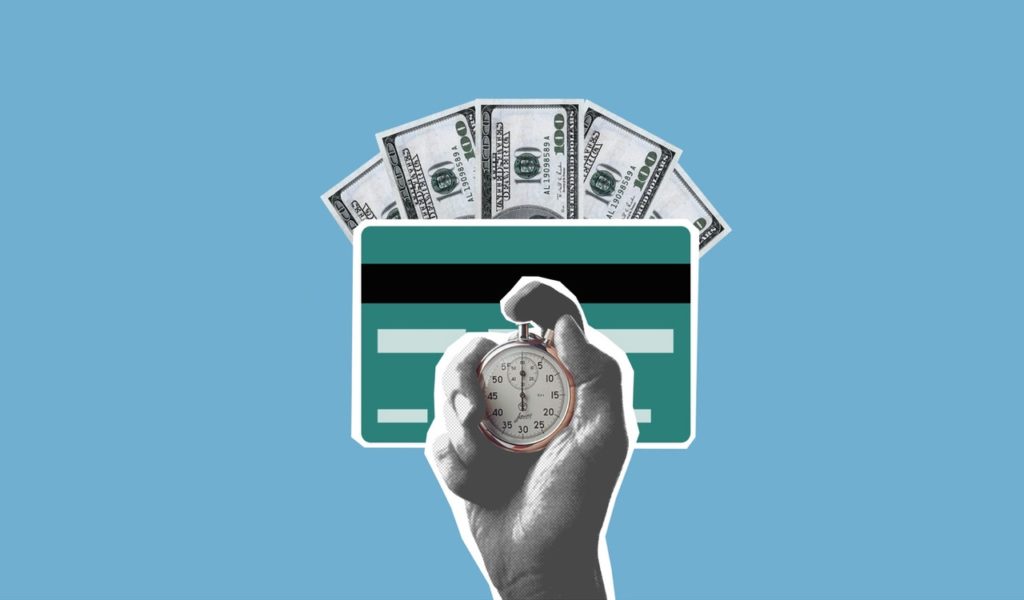
Let’s say you have some savings set aside but still find yourself burdened by debt. Try considering using a portion of your savings to pay off smaller debts before moving on to larger ones.
Doing so could facilitate quicker debt repayments which means that you can be off the hook sooner than it would have been otherwise.
7. Limit Credit Card Use
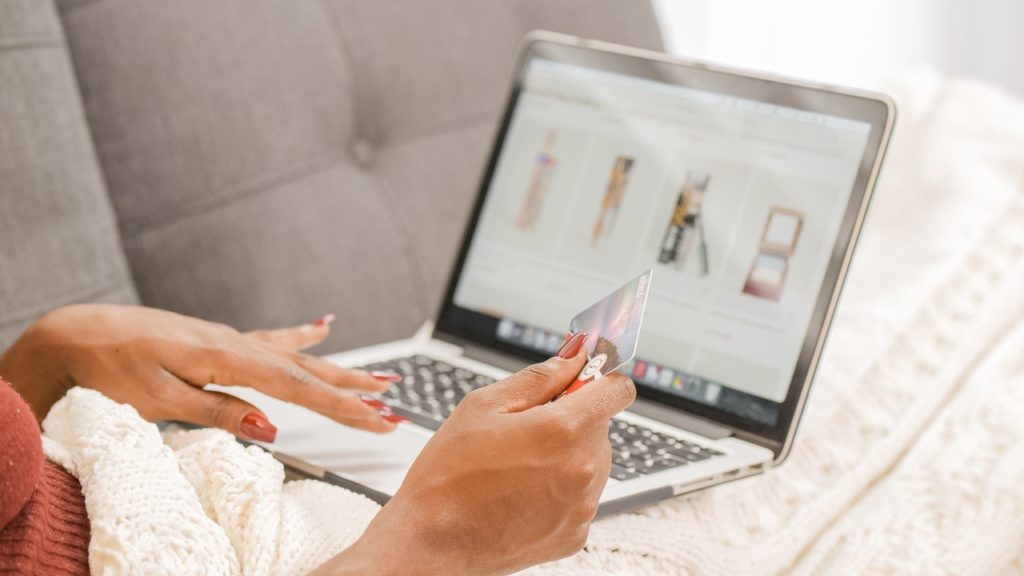
A credit card is a great alternative to cash if you can pay off all outstanding balances by the end of each month. This is how you can avoid being charged interest on the outstanding balance, which in turn means more money in your pocket.
It may not be easy to quit using credit cards, given their convenience. This is where method #8 comes in.
8. Get a Debit Card
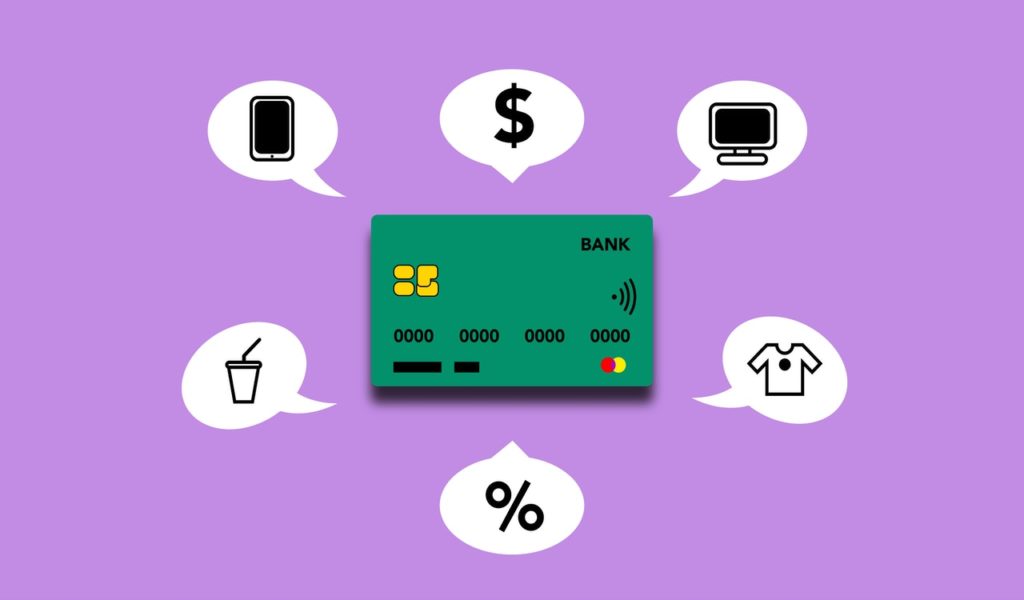
Replacing your credit card with a debit card is a smart strategy if you are struggling to reduce impulse credit card purchases. This is because a debit card limits the amount of money that can be spent during a given month.
Banks do not charge interest on debit cards, but you may have to pay a yearly fee that can sometimes be waived if you contact them.
To Summarize
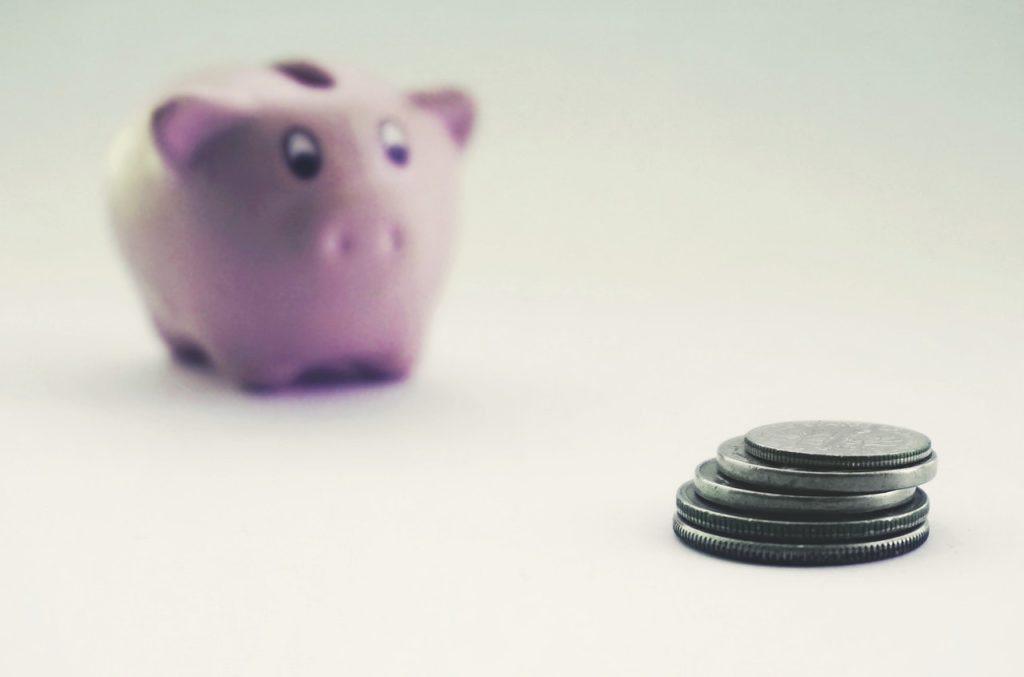
Spend within your means so that you will have some savings set aside as a buffer. Fully assess your current financial situation and put together a plan that will allow you to be free from debts.
Pay off your bills when they are due to avoid paying interest. Do not borrow money unnecessarily, and be sure to assess the true costs of the loan if you have to borrow.
Avoid buying any non-essential objects that are out of your reach. Start getting rid of your debts one at a time and stay the course until your objectives are achieved.
Use credit cards only when you can be in absolute control and clear all outstanding credit card balance at the end of each month. Replace credit cards with debit cards if you find yourself unable to curtail your spending habits when using credit cards.

